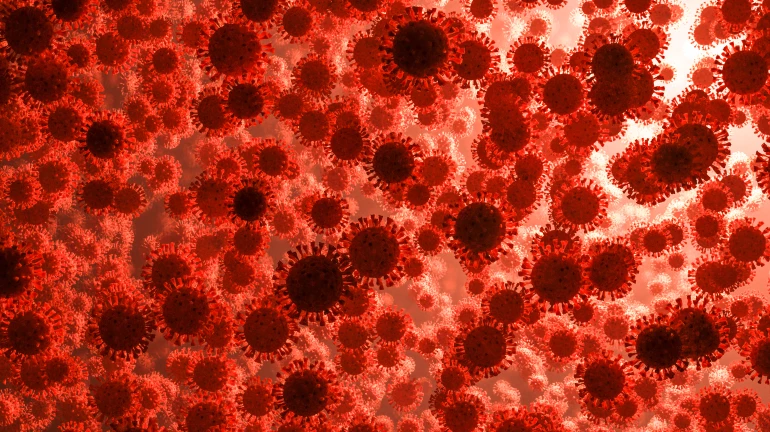
In the second round of whole genome sequencing conducted in Mumbai, 19 additional samples from COVID-19 patients tested positive for the JN.1 variant of Omicron.
Of the 19 patients who tested positive for JN.1, four cases are out of Mumbai. Additionally, four patients with comorbidities were also admitted.
The Brihanmumbai Municipal Corporation (BMC) on Monday, January 15, said that all cases have mild symptoms.
Out of 15 patients from Mumbai, 6 were women. Most of the cases sent for genome sequencing were reported by private laboratories.
A week ago, 21 samples from the city were found to have the JN.1 variant. On Monday, January 15, Maharashtra recorded 35 new cases of coronavirus while three deaths have also been reported. However, the recovery rate and cases fatality until January 15 remained at 98.17% and 1.81%, respectively.
More than 80% of coronavirus samples subjected to whole-genome sequencing at the National Institute of Virology and BJ Medical College in Pune exhibit the JN.1 variant, indicating its prevalent dominance, revealed a data shared by the state health department.
Among the 284 samples sent state wide, 88% exhibited the JN.1 variant, with Pune recording the highest number of cases, as stated by a senior health official.
According to experts, surveillance and genome sequencing have helped them to understand the mutation and its prevalence. The drain samples also indicated BA 2.86 as a major lineage, followed by XBB sub-lineages. The BA 2.86, XBB 2.3 and JN.1 are key circulating lineages in the open drain sample.
Notably, JN.1 was initially identified in open drain samples from Pune city on October 30 last year, followed by its presence in sewage samples on November 22.
The first reported case of JN.1 COVID-19 infection involved a 41-year-old man from Sindhudurg. However, traces of the JN.1 strain were detected in sewage samples from Pune city on November 22.





